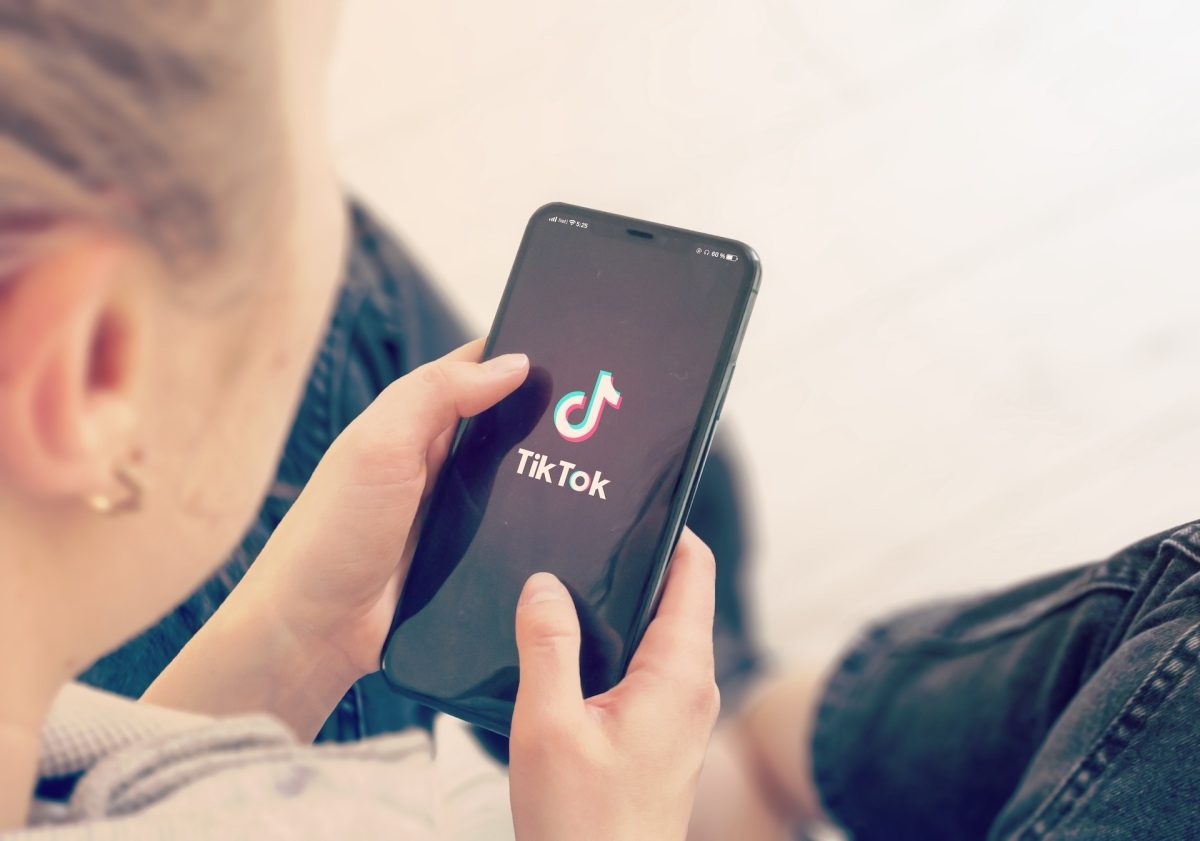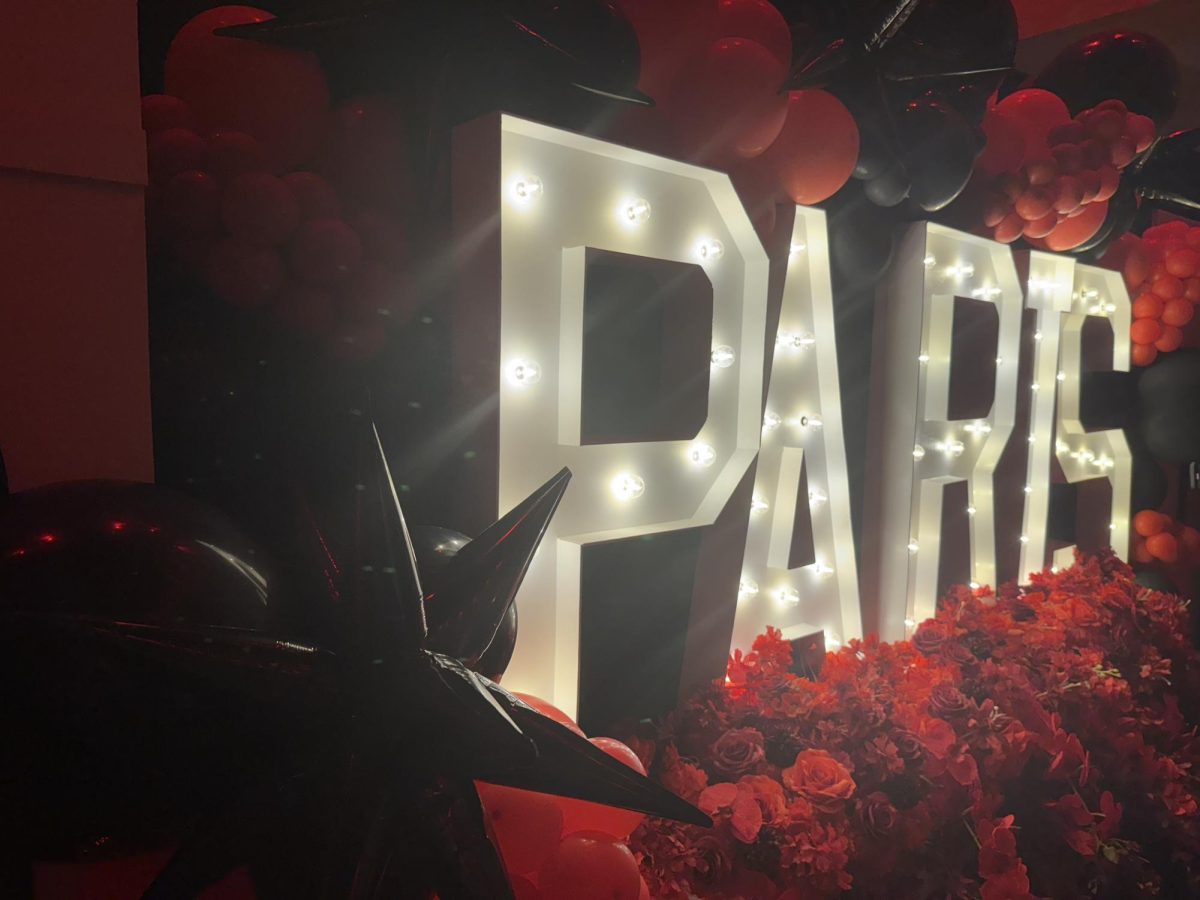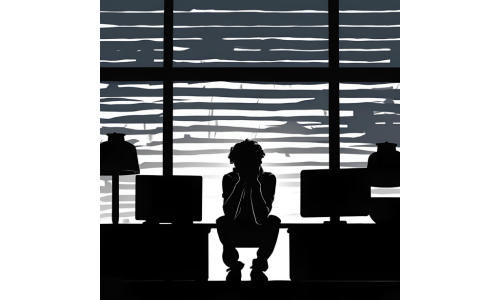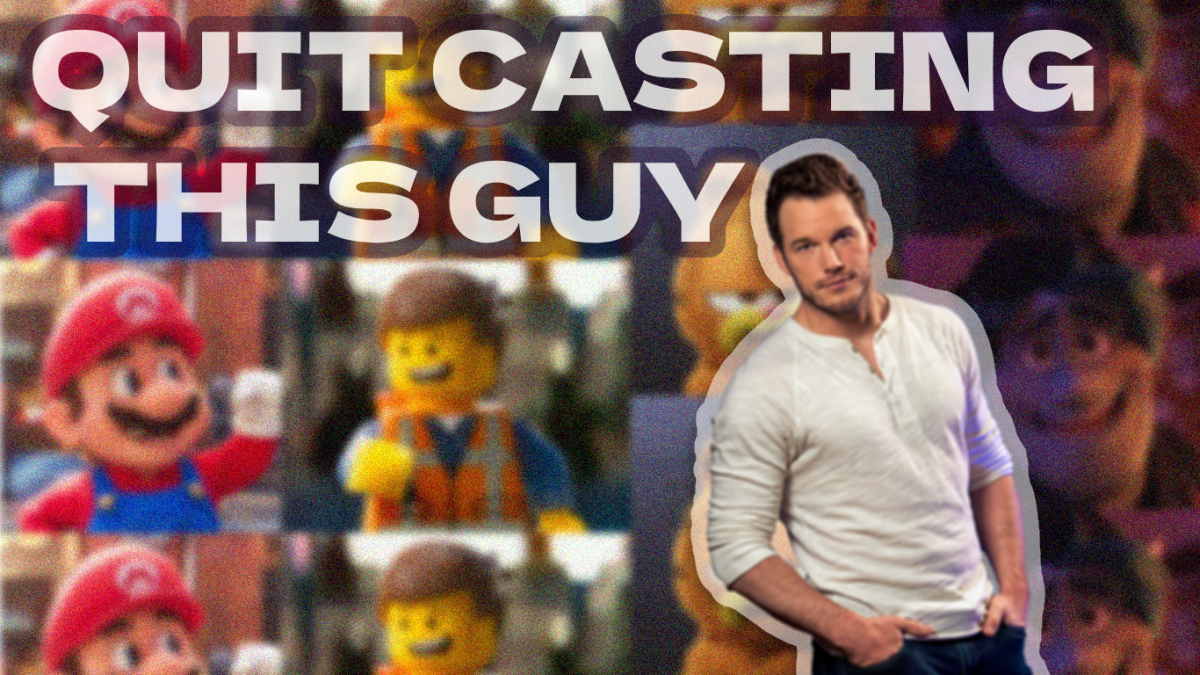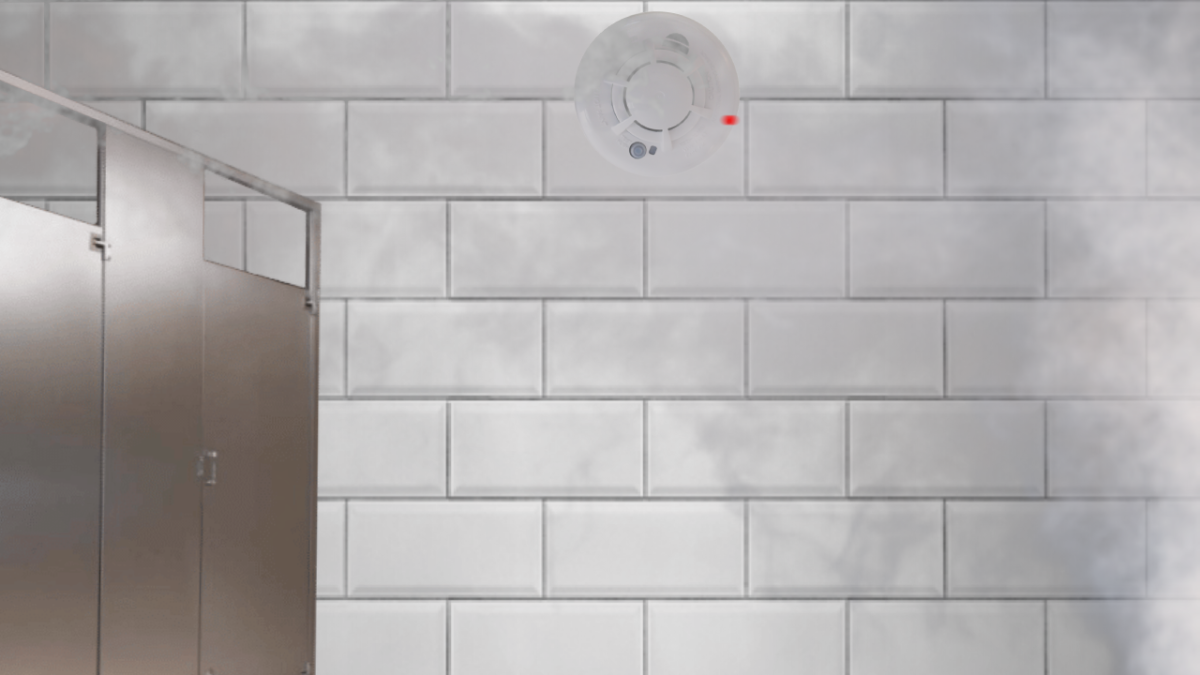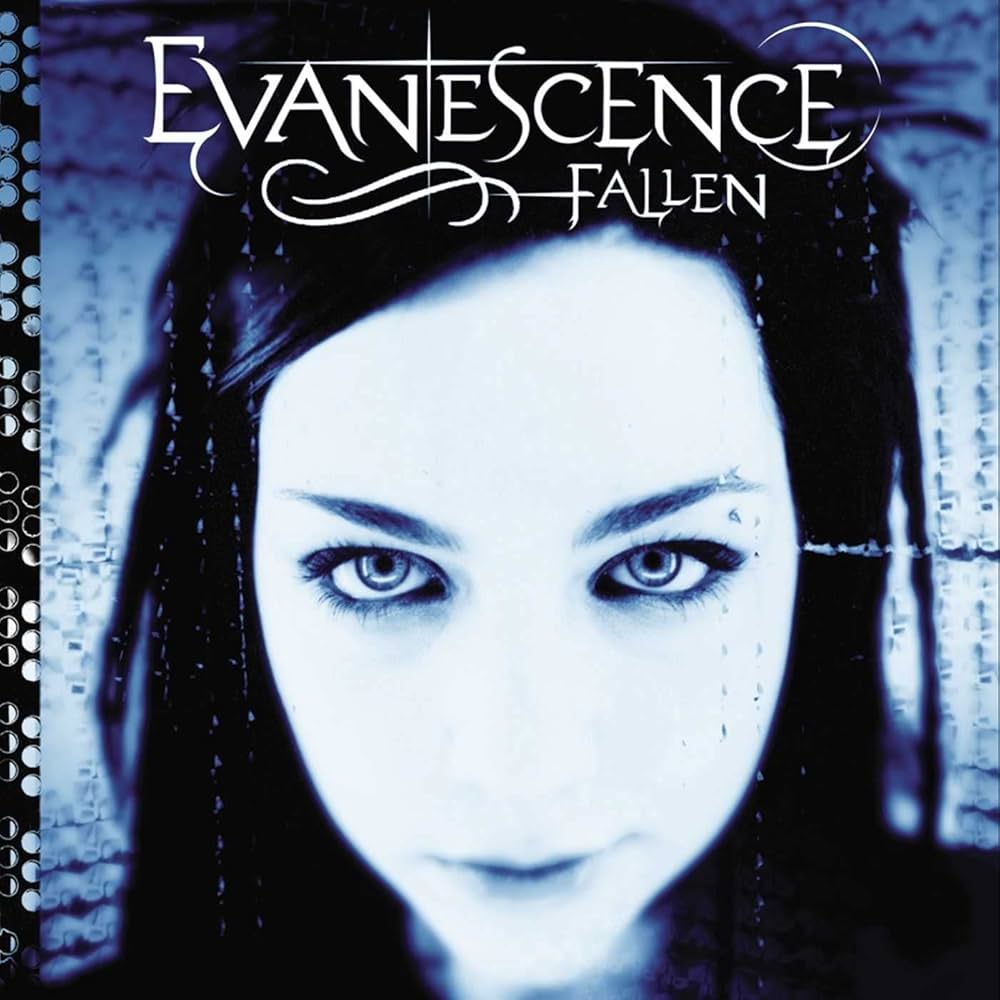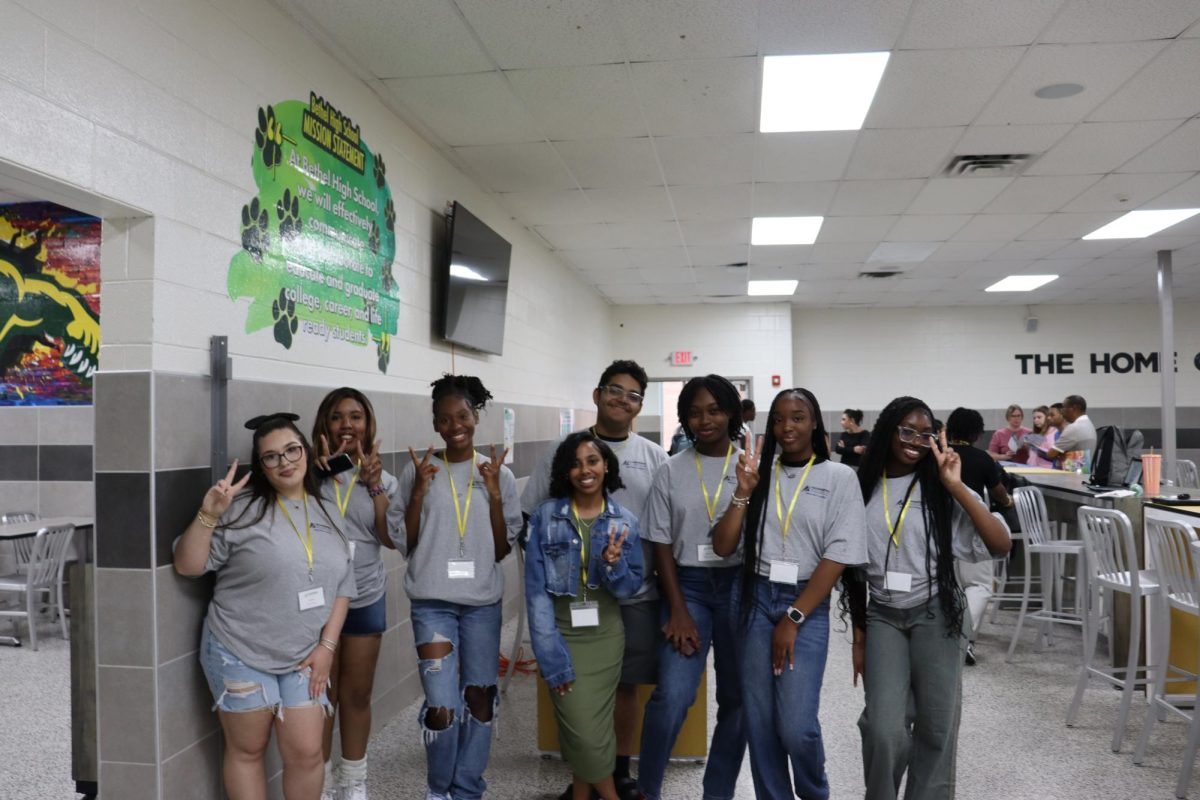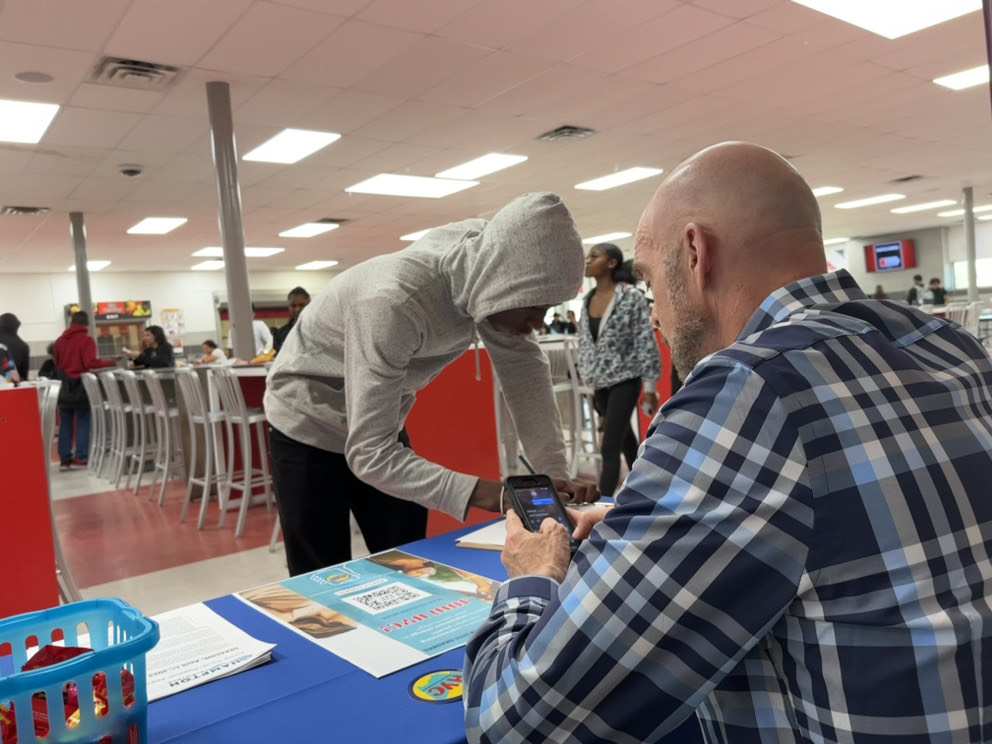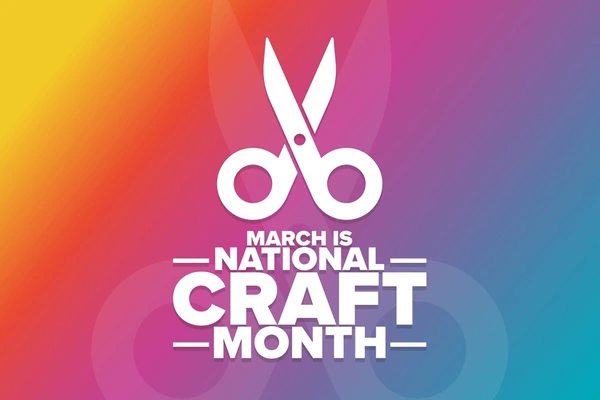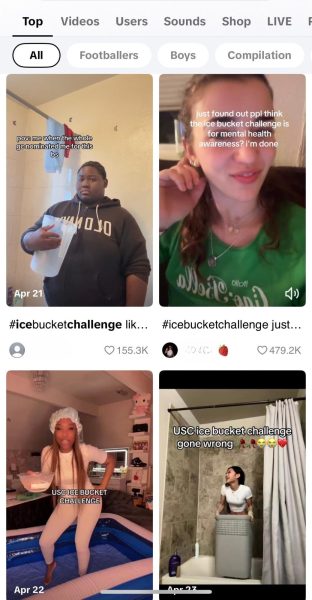
A person stands in front of a camera, either holding a bucket of ice or having someone else next to them hold it. They thank someone for nominating them for the “ice bucket challenge”, list some names of their own, and then end the video with a cold splash.
This seems like something you would see in 2015, as part of the ALS awareness Ice Bucket Challenge. Except it’s not: it’s the recent challenge coming from the University of South Carolina’s “Speak Your Mind” organization, that’s currently going viral once again.
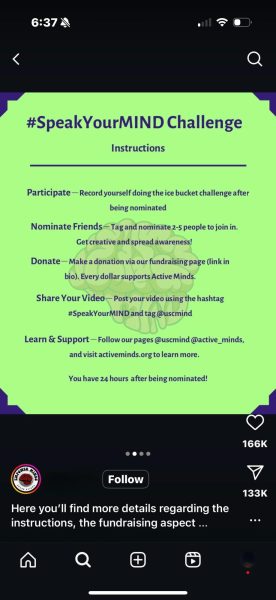
According to the uscmind instagram page for the college’s Mental Illness Needs Discussion club, the challenge serves to raise awareness mental health and working alongside the Active Mind Organization which serves to be “the voice of young people who are disproportionately affected by mental illness […] on campuses and in society at large.”
The challenge itself is simple and very reminiscent of the 2015 original: someone is nominated by a previous participant (sort of like chain mail) and must make a video where they pour a bucket of ice water onto themselves in the next 24 hours, and nominate other people to complete the challenge as well. It is also encouraged for people to make a small donation to the cause.
“One of my friends had the audacity to renominate me.” a past participant hilariously stated.
The challenge started out in USC’s home state, before reaching Bethel students in Virginia. Since then, it’s spread well past the DMV area and throughout the US, reaching celebrities and influencers everywhere. It’s even managed to go globally.
“I actually saw one of my cousins in England doing it,” Stephanie Adjeayan, a senior and challenge participant, said. “I don’t know how it got from South Carolina to England, but it’s going pretty far. “

Like other viral challenges, some people have raised concerns they hold with the challenge: that the challenge is too similar and even disrespectful towards the original and the purpose behind spreading awareness on ALS, or that this challenge’s message on mental health is being overshadowed and turned into a popularity contest.
“I don’t know what the […] cause is, I just did it because my friends were doing it,” one senior shared, adding that the challenge “went in the wrong direction” and was too easily confusing with the 2015 challenge.
However, the campaign has managed to be a fun way for people to have some exposure to mental health while participating in a fun challenge with their friends; the fundraiser receiving donations from the challenges has also managed to raise almost $400,000.
Keep a close eye on your friend’s social media posts: you could be the next participant by force!


